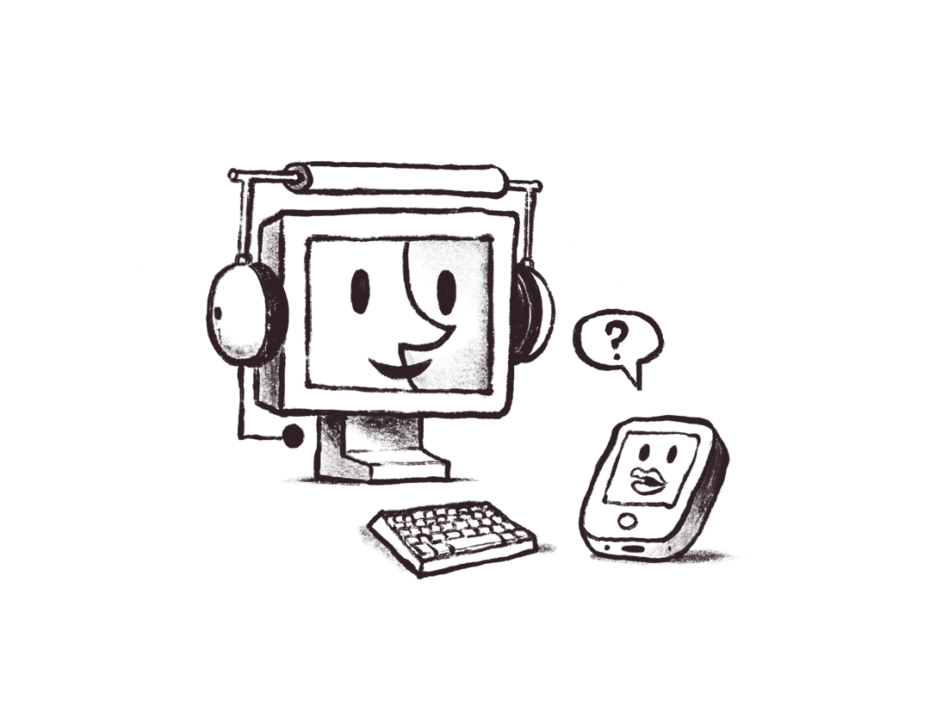Legal, financial and employment difficulties

Situational distress factors
Situational distress refers to specific life events and everyday challenges to our survival that can impact our feelings and thoughts of suicide. For example, legal, financial and employment difficulties.
Unemployment can be a significant crisis event for LGBTQ+ people. There can also be significant barriers for people in our communities gaining or maintaining employment.
While some people in LGBTQ+ communities earn comparable wages to the general population, many are still marginalised from entering the workforce because of their gender, sexuality, disability, education level, housing circumstances, and lack of equitable access to education and training opportunities.
Work environments that aren’t inclusive and affirming can have a huge impact on our health and wellbeing.
Finding employers that are inclusive and affirming to LGBTQ+ workers, and offer supportive policies, such as gender affirmation leave, anti-racist action plans, and a commitment to First Nations Truth-telling and Treaty, can be a good starting point in searching for job opportunities.
Learning how to manage finances, find free or affordable legal support and what your rights are can also reduce the stress around employment.
